The $590 Billion Beer Market and Its Five Biggest Competitors

People all over the world every year consume beer worth a total of $590 billion (2018 figure). China, the United States, Brazil, Mexico, and Germany are the top 5 producers of beer across the globe while the 5 top beer-drinking nations per capita are Czech Republic (142.4 litres), Seychelles (114.6), Austria (104.7), Germany (104.7), and Namibia (102.7).
Nigerians drink 12.28 litres per year. This masks Nigerians’ love for alcohol as 84% of the alcohol consumed in Nigeria consists of locally brewed beverages (aka Burukutu). Nigerian drinkers pride themselves on their drinking prowess: many of the beer brands brewed in the country are “stronger” i.e with higher alcohol. The American rapper, Cardi B, was widely reported to have recently gotten drunk on just a bottle of Nigerian beer.
There is a decline in beer drinking in many parts of the world. In the USA, for instance, the sale of beer has dropped by 2.4% in the last 5 years, according to IWSR Drinks Market Analysis. The biggest competition to beer in the USA are:
- WEED
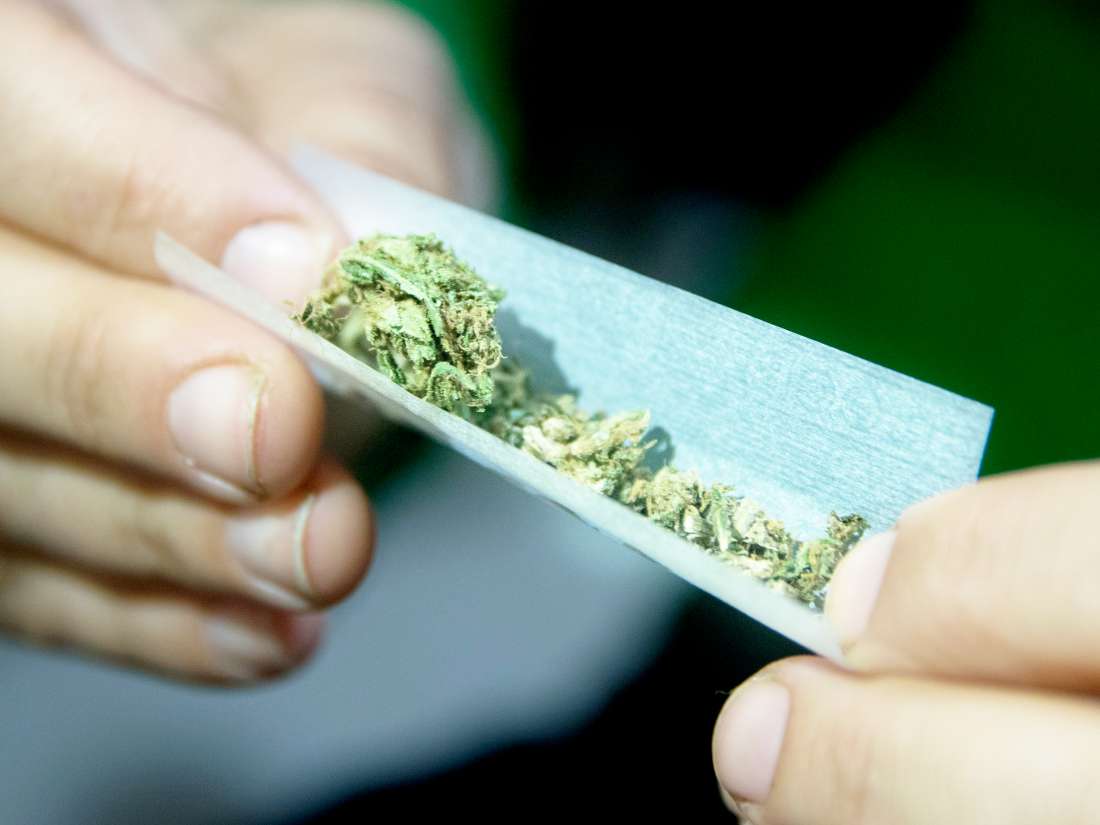

The cannabis market in the USA is worth about $50 billion per annum. The establishment of legalized systems to sell and tax cannabis in ten US states is contributing to the expansion of the industry. It is due to grow as more states legalize marijuana. A key attraction of marijuana is that it is cheap and it doesn’t cause hangovers and vomiting. According to a 27-year-old business analyst, “I definitely enjoy weed better. It’s more relaxing, don’t have to worry about how I acted the night before, and don’t have to deal with hangovers or throwing up the morning after.” Marijuana costs her less than $30 a month as opposed to $30 to $50 on alcohol in a night. See Market Watch. In Canada, there is clear evidence that the legalisation of marijuana has negatively impacted beer sales. The evidence is not yet so clear in the USA where beer industry analysts still argue that people don’t drink beer or smoke weed but enjoy their beer while smoking weed. So, the two are complementary.
- LIQUID WEED
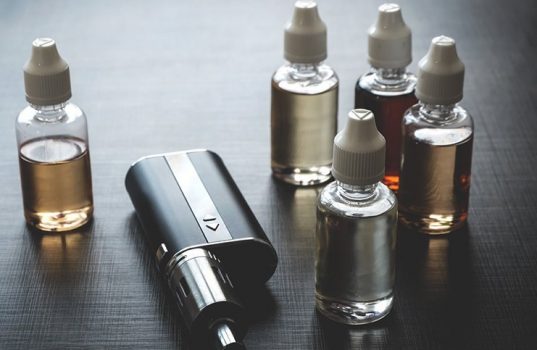

This is a non-alcoholic drink infused with marijuana. One of its promoters is Keith Villa, who has a Ph.D. in brewing from the University of Brussels and is the cofounder of Ceria Brewing Co., makers of Grainwave Belgian-Style White Ale. Villa sees a future in marijuana-infused beverages because “Alcohol is being consumed less and less by young people, and they’re looking for an alternative that tastes great, has fewer calories, and doesn’t give you a hangover…with this generation of young adults, no one wants to lose control and end up seeing their image on Facebook or Instagram.” While the beer industry is insisting that the growing popularity of marijuana is not affecting sales, beer makers are not taking any chances. They are investing big time in creating liquid marijuana brands. Anheuser-Busch InBev has invested $50 million in a joint venture with the British Columbia-based Tilray to make marijuana-based beverages. Similarly, Heineken-owned Lagunitas has brought a hop-flavored, pot-infused sparkling water to the market in partnership with Sonoma’s CannaCraft. Constellation Brands, makers of the iconic Corona beer invested almost $4 billion — the largest investment ever in marijuana — to buy a 38 percent stake in the biggest Canadian marijuana producer, Canopy Growth.
- CANNED WINE
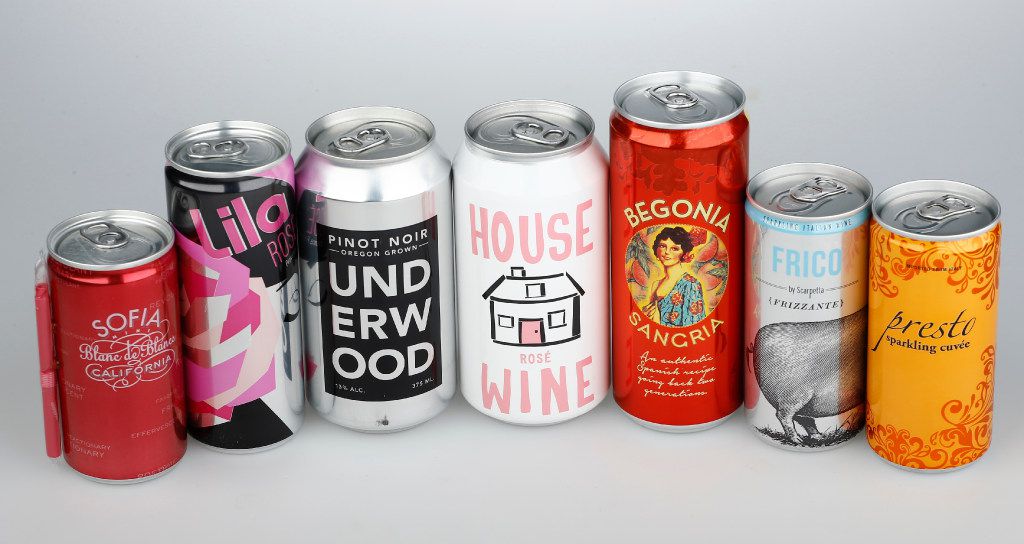

Selling and drinking wines in cans has suddenly become popular, jumping 73% in sales between 2018 and 2019. Canned wines are very portable and very attractive – these factors have boosted sales. Andrew Browne of Precept Wine has been a major populariser of the canned wines trend. He got inspiration for starting his company when he noticed that people desired easily portable wines for social events, like boating and tailgating.
- PREMIUM LIQUOR
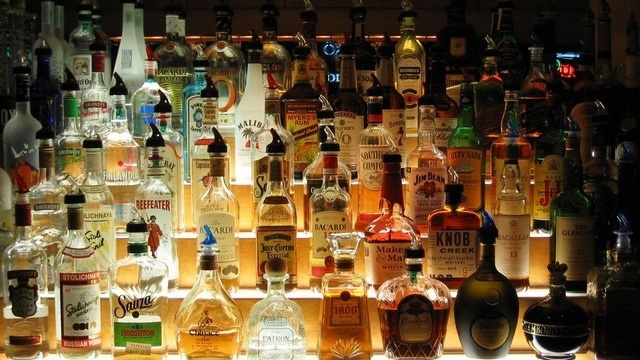

Spirits are in. Distilled spirits such as whiskey and tequila have seen strongly growing sales for the past nine years. The category is now a $15 billion sub-industry. The makers of Jack Daniels, Brown-Forman (BFA), leads the industry with a portfolio of super-premium whiskeys, including Woodford Reserve, Jack Daniel’s Single Barrel and Gentleman Jack and its tequila brands, led by Herradura.
- KOMBUCHA
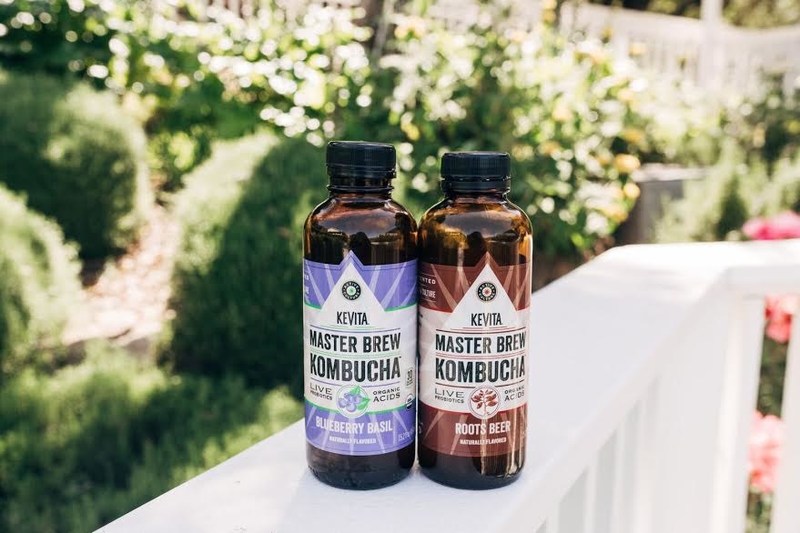

The $ 1 billion Kombucha industry has grown from the craze for homebrewing tea, sugar, bacteria, and yeast. The fermented drink is popular amongst people who follow a “health and wellness” lifestyle. Kombucha is reputed to help prevent and manage every ailment from cancer to high blood pressure. According to Dr. Brent A. Bauer of the Mayo Clinic, there is no scientific basis for these claims, but there is some evidence that the Kombucha improves the immune system and helps prevent constipation. The Kombucha market is set to grow to $3.81 billion in 2023, driven by increasing health consciousness. Andrew Clark, co-founder of Boochcraft, one of the segment’s most innovative brands, says “We want to use this product as a platform to talk about this being the healthiest version of drinking you can do”. The Kombucha segment is as varied as it is experimental. Flavours include turmeric, lime, berries, hibiscus, apple, lemongrass and tangerine juices, plus herbs like rosehips and anise. There are brands with no alcohol while brewers like Boochcraft have invented highly complicated secret processes to raise the alcohol content to as high as 7% abv (alcohol by volume).
Kombucha is going mainstream even in late adopter countries like Britain. Real Kombucha, a local brand has been rolled out to 320 Fuller pubs, top 300 hotels and 50 Michelin-starred restaurants. The driver in Britain as elsewhere is health consciousness. According to CEO of Comstock, a brewer, Kombucha has “…a reasonable level of alcohol, 100 calories and less than two carbs and two grams of sugar. That is something consumers can feel good about drinking. They’re not afraid to have more than one.”
THE NIGERIAN MARKET
We have never seen a bottle of Kombucha in Nigeria. But here are the alternatives to beer in the country with some numbers we have been able to lay our hands on. According to a 2016 United States Department of Agriculture (USDA) report, spirits constitute about 30% of Nigeria’s $ 6.5 billion market for alcoholic beverages, with beer leading with 55% of the market, and with wine accounting for the remaining 15%. Here are the challengers to beer in Nigeria; more analysis and harder numbers are required on consumption patterns relative to beer i.e. the extent to which these “alternatives” are complementary or competitive.
- WEED
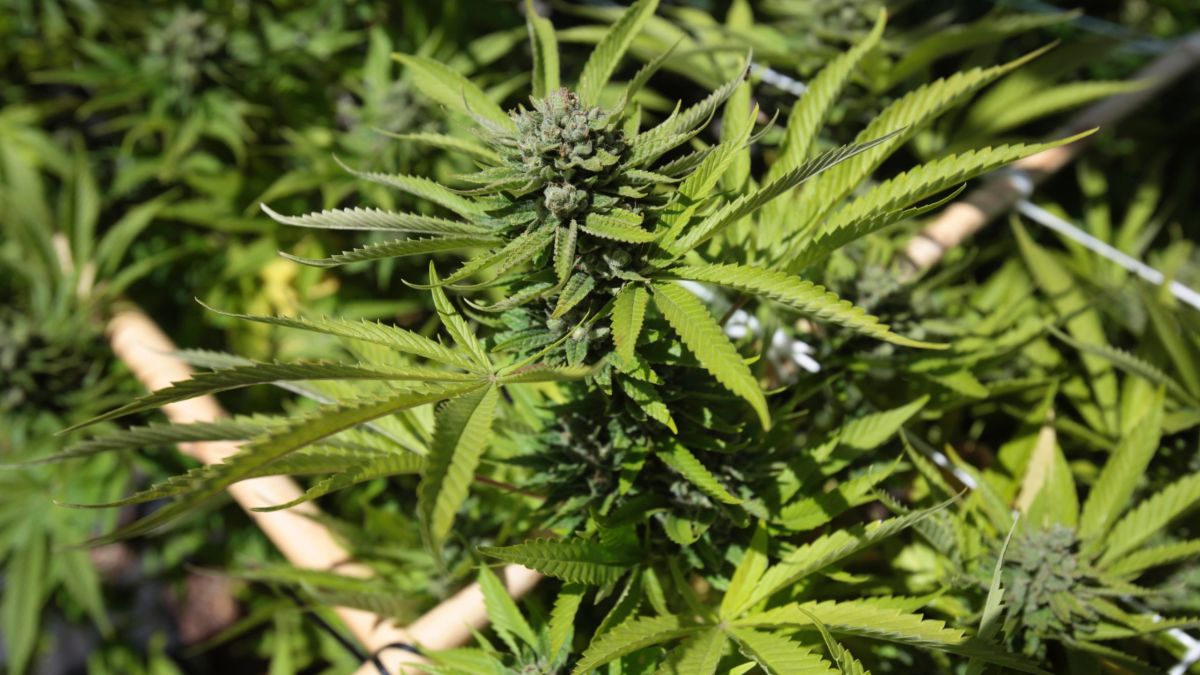

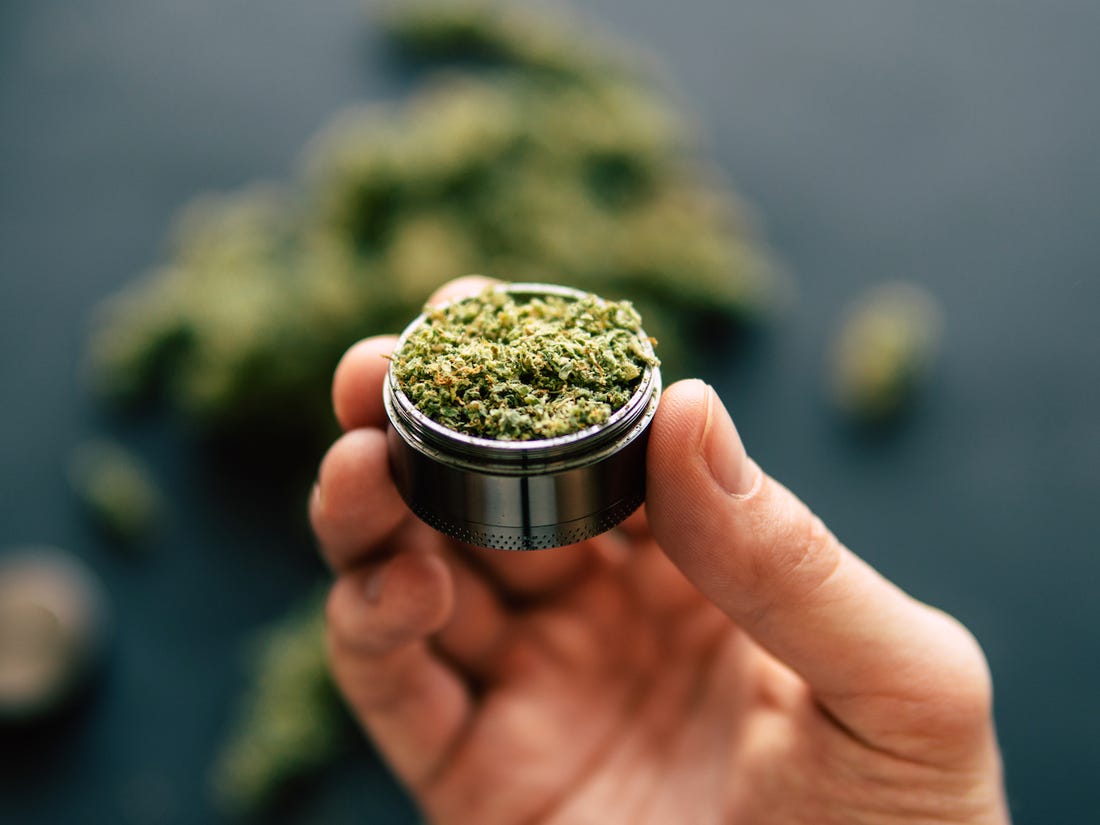

New Frontier Data in their Global Cannabis Report and the Africa Hemp and Cannabis Report revealed that Nigeria is now the leader in global cannabis consumption. Nigeria currently has an estimated 20.8 million consumers lighting up annually. Consumers spend more than $15 billion on weed every year, about five times the size of the Kombucha market in the USA and more than 3 times bigger than Nigeria’s annual beer consumption. Like in the USA, it is not clear if the weed and beer consumption is complementary or competitive in Nigeria.
- BITTERS
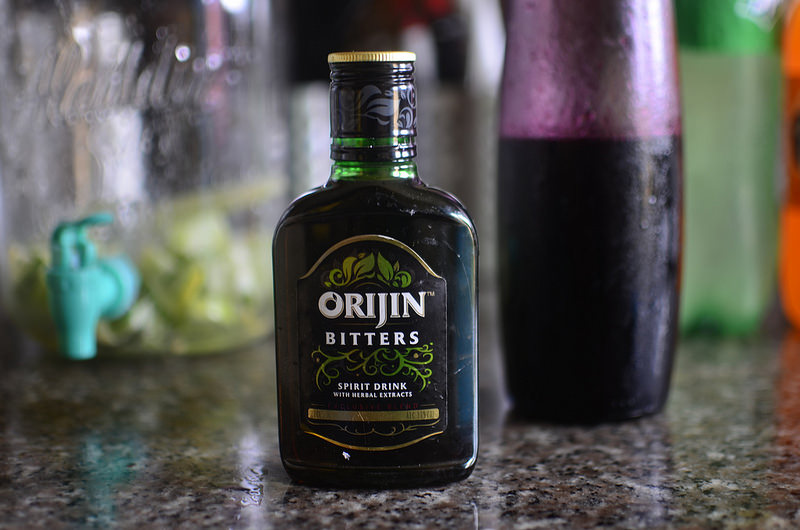

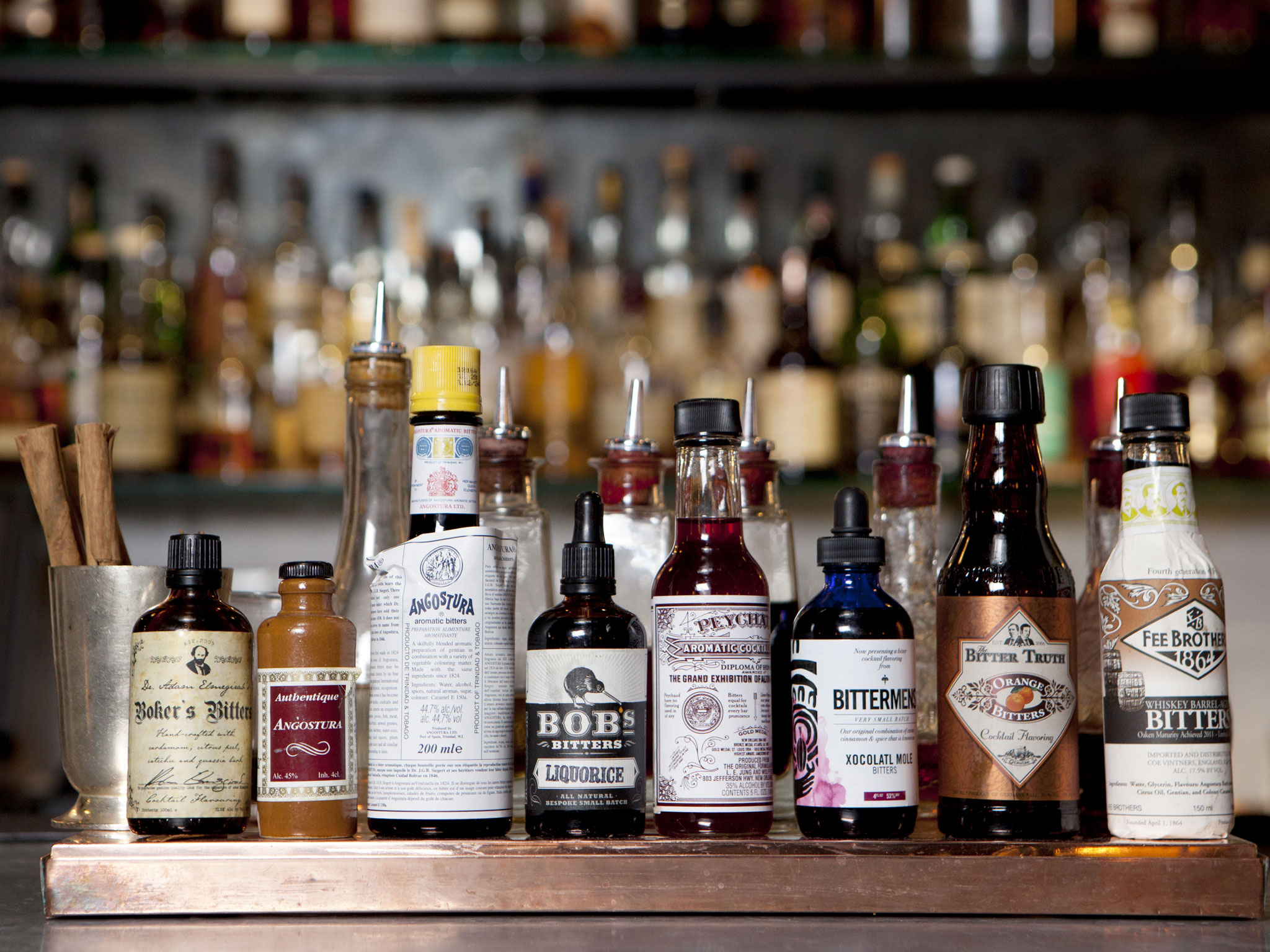

Bitters are broadly a mix of spirits infused with herbs or tree barks and sometimes fruits, invented and marketed by chemists in 18th Century Europe. They are mostly consumed for perceived medical properties or to mix drinks. The Ghanaian company, Kasapreko revolutionized the category in West Africa by making its Alomo Bitters a mass beverage widely consumed in bars, homes, bus parks etc. It is popular and widely counterfeited all over West Africa. Alomo Bitters sold 13.9 million bottles in the Nigerian market in 2018. Kasapreko has lost about $2 million in revenue as a result of the closure of Nigerian borders. Guinness Nigeria Plc piggybacked on the market created by Kasapreko, exploiting its lack of investment in rolling out production and in marketing, by introducing Orijin Bitters. As of 2014, the bitters market was said to be worth about N32.2 billion. There are various other small players such as Action Bitters and Ogidiga in the bitters market seeking to profit from Kasapreko’s revolution. Availability in small packs for as low as N50 has also boosted their popularity. Some of them have been marketed with explicit suggestions that they could boost sexual performance. Bitters are a clear rival to beer in Nigeria even if the consumption is so low in Western market to provide any competition to the global beer industry.
- SPIRITS
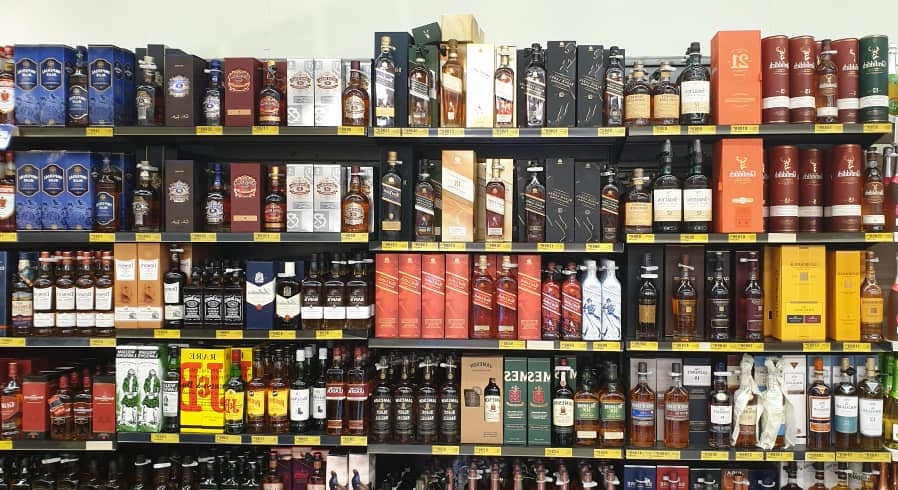

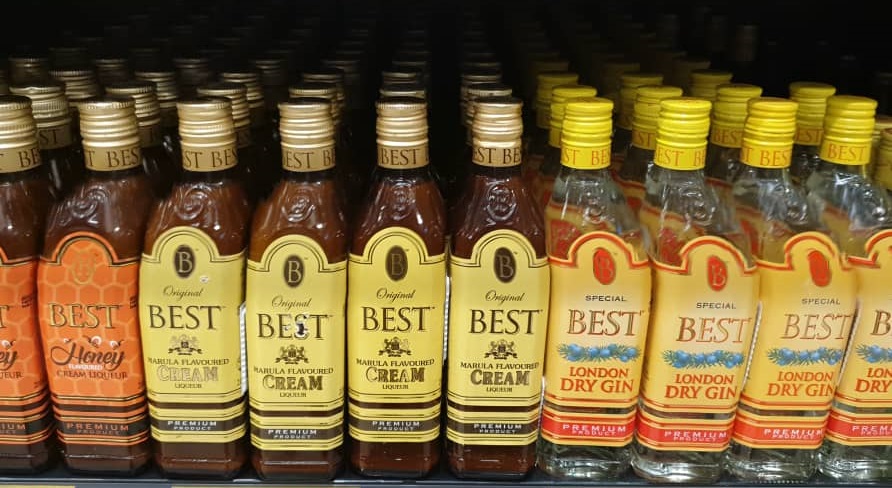

The spirits market is worth $2billion in Nigeria. Local products account for 75% of the market. The remaining share, worth $500million, is accounted for by imported brands. The two leading spirits in Nigeria are Nigeria Distilleries and Intercontinental Distillers producing respectively Seaman’s Schnapps and Lord’s Dry Gin and Chelsea London Dry Gin and Eagle Aromatic Schnapps. These Nigerian spirits were traditionally consumed during ceremonies such as child-naming, conferment of chieftaincy titles, clan meetings, religious rituals, etc. – none of which guaranteed consumption of even decent quantities. People kept a single bottle of Seaman’s Schnapps for months on end.
Two things combined to deliver big volumes for the big distillers in the last 10 to 15 years – putting the drinks in highly affordable small packs including sachets and the wild, even ubiquity, of the smaller packs in car parks. The distillers should also thank weak law enforcement in Nigeria as the authorities have looked on as spirits have become almost a compulsory accompaniment to driving – policemen buy their sachets from the same sellers as the drivers. But despite their popularity, these spirits are consumed by people who can only afford to drink beer as a treat.
- PREMIUM LIQUOR
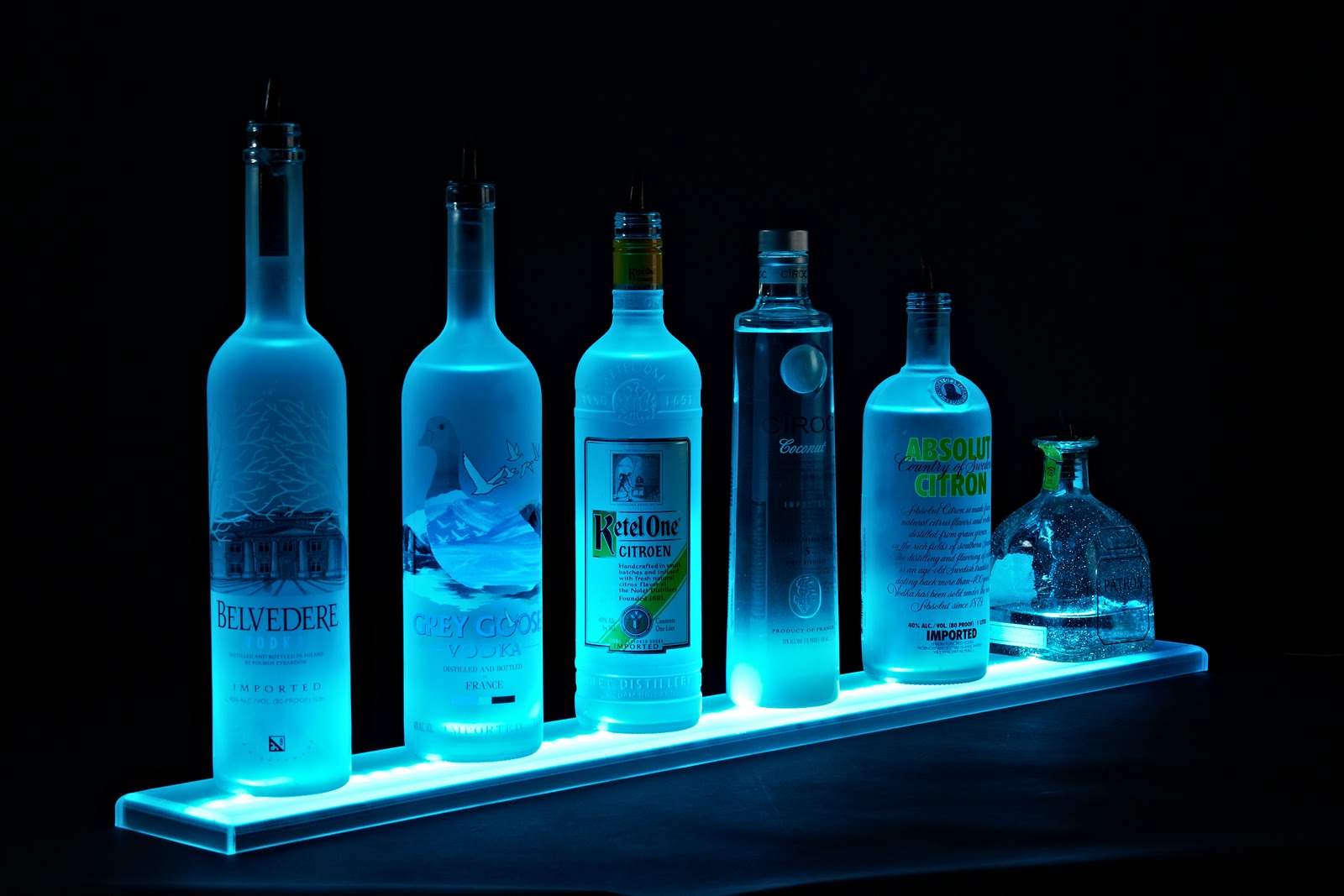

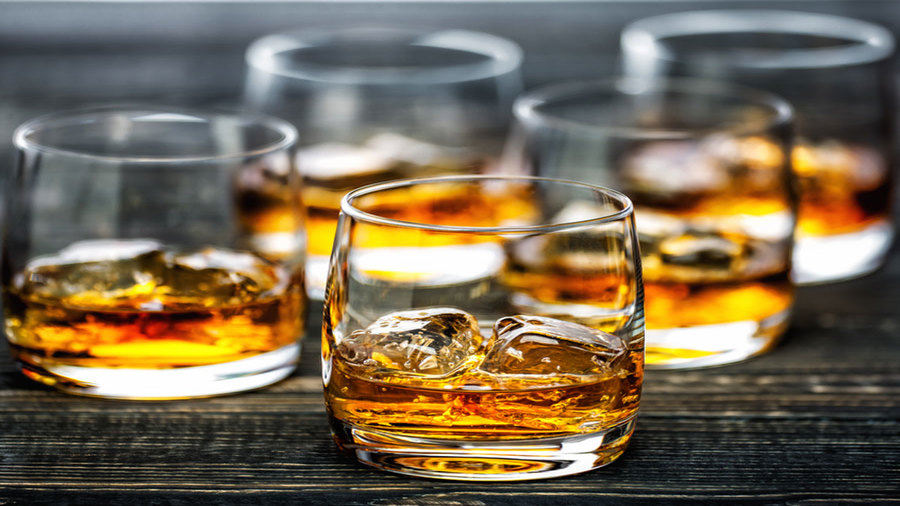

Premium liquor is a class of spirits that people e.g. young professionals in Lagos and other cities who have a lot more money than bus drivers and policemen drink. According to Marcela Rondon and Uche Nzeka, the authors of the United States Department of Agriculture’s (USDA) GAIN report, “Nigeria’s “increasing” urbanization and the rising number of female alcohol drinkers, especially in large cities, such as Lagos, Port Harcourt and Abuja, is also resulting in a remarkable switch from consumption of relatively inexpensive local spirits to higher priced imported ones”.
We really do not agree with this – upwardly mobile Nigerians never drank homebrewed ogogoro or Schnapps. The adoption of higher quality imported spirits has been driven by sleek marketing, including sponsorship of music and fashion shows and the rise of swank bars in cities like Lagos, Abuja and Port Harcourt. Nigerian new money, either made from banking and oil and gas deals or yahoo yahoo and celebrated by a new class of big urban music acts that sang about what the new millionaires did with their Hennessey have also done much to promote the premium spirits. Spirits may not be taking too much money from beer as it seems it is consumed on occasions when you want to show off. Major players and leading brands in Nigeria’s spirits market include Diageo (UK) Johnnie Walker, Smirnoff vodka, Johnnie Walker and J&B whiskey, Gordon’s and Gilbey’s gin, and Baileys liqueurs, Crown Royal, Buchanan’s, Windsor and Bushmills whiskies, Cîroc and Ketel One vodkas, Baileys, Captain Morgan, Jose Cuervo, Tanqueray etc.
- CODEINE, TRAMADOL etc
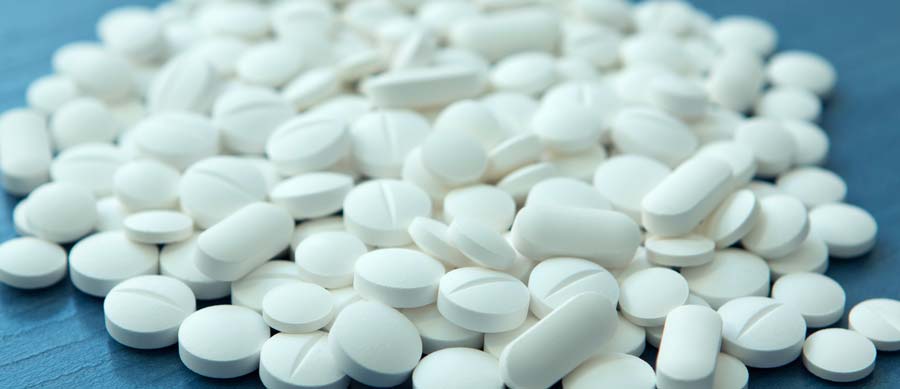

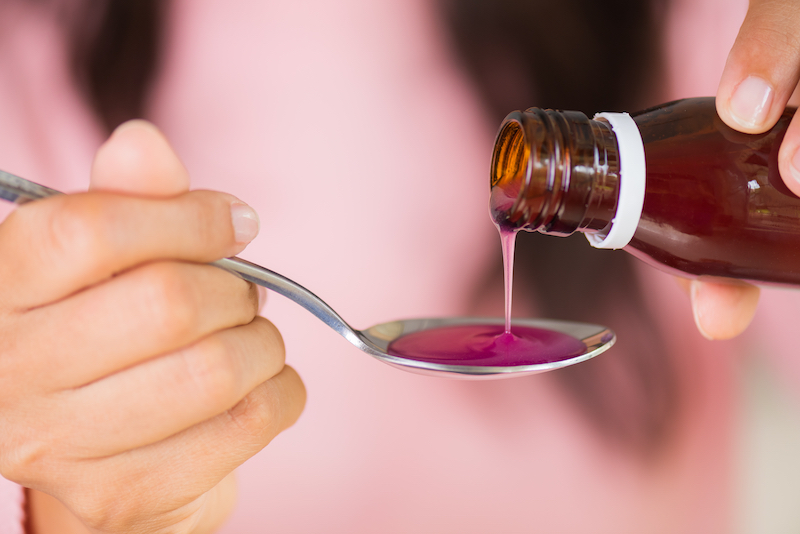

Based on widely-cited reports that 3m of codeine-containing cough syrups are consumed daily in Nigeria, we can calculate the market for codeine alone to be $1.8billion a year. But we do not consider codeine, tramadol etc. to be alternatives to beer because they are firmly in the territory of drug abuse.







